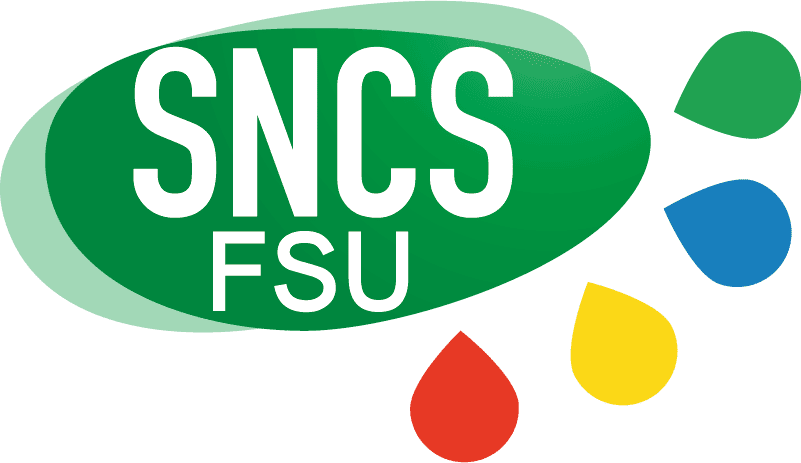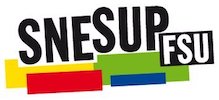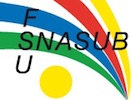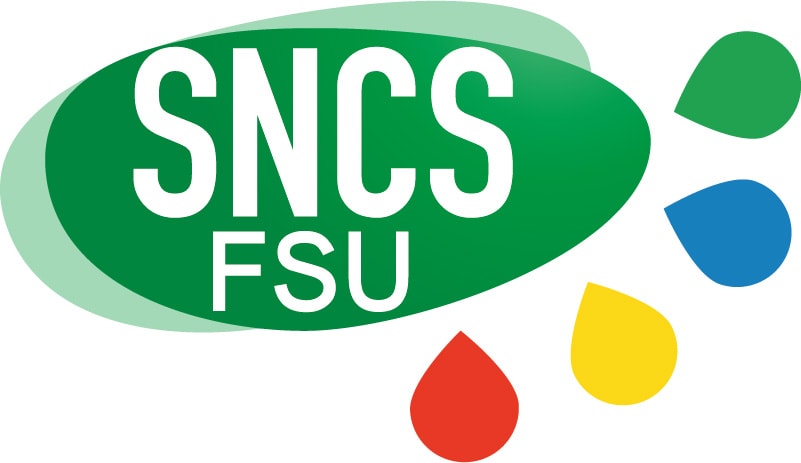L’intersyndicale de l’Inria soutient la liberté d’expression du personnel
Plusieurs responsables d’équipe nous ont fait part du refus de la Direction Générale de publier le rapport d’activité de leur équipe au motif qu’il inclut un paragraphe critique ou exprimant des inquiétudes sur le COMP [1].
Il nous paraît dommageable pour l’institut que la parole des équipes ne puisse pas trouver dans le rapport d’activité une possibilité d’exprimer leurs valeurs, leurs inquiétudes, et qu’on censure ainsi les opinions divergentes.
Exprimer des opinions sur l’environnement de la Recherche dans ses rapports d’activités est fréquent, utile au dialogue social et à la mesure des tensions, c’est un matériel précieux pour savoir comment les équipes vivent les orientations stratégiques prises sans qu’elles aient été concertées.
L’intersyndicale (CFDT, SNCS-FSU, SNTRS-CGT) de l’Inria demande qu’on respecte la liberté d’expression du personnel, et qu’on respecte la possibilité de mentionner dans les rapports d’activité les inquiétudes, les désapprobations, voire les propositions d’amélioration. Par conséquent, elle demande la validation des rapports d’activité des équipes concernées.
Le dialogue social à l’Inria est difficile, et il serait judicieux de ne pas lui rajouter ce bâton dans les roues.
L’intersyndicale (CFDT, SNCS-FSU, SNTRS-CGT) de l’Inria
[1] Un exemple de paragraphe ci-dessous :
————
At the end of 2024, Inria’s top management enacted a new « contrat d’objectifs, de moyens et de performance » (COMP), which defines Inria’s objectives for the period 2024–2028.
We are very unhappy and concerned about the content of this document and the way it was imposed.
– Neither the staff nor their representative bodies were given the opportunity to participate in (or influence) the drafting of this document.
– The document defines Inria’s main mission as « contributing to the digital sovereignty of the Nation through research and innovation » and proposes to amend Inria’s founding decree to reflect this new definition. We strongly believe that our primary mission is (and should remain) the advancement of human knowledge through research. Research is not a means to achieve « digital sovereignty », whatever that may mean. Research should not be associated with any particular nation, whatever that nation may be.
– The document announces the creation of a funding agency within Inria. France already has an independent funding agency, the ANR. The creation of a new funding agency within a research institute is unnecessary and a waste of resources. It is also likely to create confusion, opacity, and conflicts of interest.
– Many aspects of the document reflect a desire to drive research in a top-down manner, for example through the selection of « strategic partner institutions » and « strategic themes ». This threatens the fundamental freedom of researchers to choose their research topics and collaborations.
– The document indicates that all of Inria’s research should have « dual nature », that is, both civilian and military applications. While some of the institute’s research may have military applications, the vast majority of it is independent of the military, and should remain so.
– The document announces a desire to place all of Inria in a « restricted regime area » (ZRR), which means that the hiring of researchers and interns will be reviewed and possibly vetoed by the Fonctionnaire Sécurité Défense. This creates administrative delays, subjects hiring to opaque criteria, and discourages the hiring of foreign nationals, thus harming research and collaboration.
– Staff opposition to these policies, which has been expressed in several votes and petitions, has been largely ignored.




